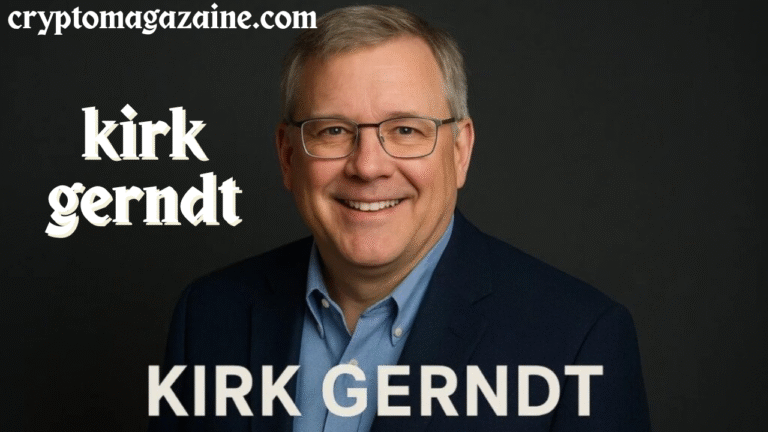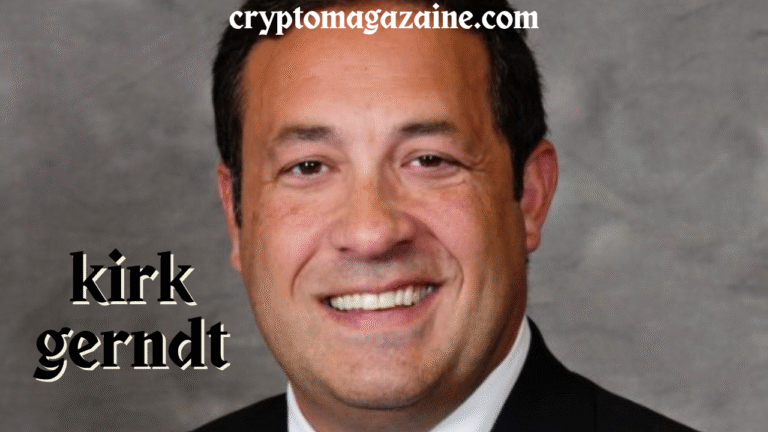In an unpredictable financial world, people constantly search for guidance that can help them safeguard their money, grow wealth, and make better decisions during times of uncertainty. The global economy has always gone through cycles of growth and slowdown, but recent years have amplified these fluctuations. Inflation pressures, concerns of recession, changing interest rates, and even the possibility of stagflation create new challenges for individuals and families.
This is where reliable (Money Advice Ontpeconomy) becomes essential. Whether you’re aiming to protect savings, invest wisely, or simply prepare for unexpected events, practical financial strategies can help you make sense of a complex landscape. In this article, we’ll explore key areas of financial planning and wealth building, blending personal finance principles with the current economic backdrop.
Understanding the Current Economic Climate

The Shadow of Stagflation
Economists have raised concerns about a scenario often called “stagflation lite.” This means the economy could slow down significantly while inflation remains moderately high. Growth in the U.S. economy may slow to about 1%, while inflation hovers around 3.5%. Although this isn’t as severe as the stagflation crisis of the 1970s, it still requires people to adjust their financial habits.
Interest Rate Shifts and Market Impact
With inflation easing slightly and unemployment ticking higher, speculation has grown around potential rate cuts by the Federal Reserve. Interest rates directly influence borrowing costs, investment returns, and savings growth. For individuals, this means paying attention to whether it’s a good time to lock money into certificates of deposit, refinance debt, or invest in certain sectors.
Small-Cap Stocks on the Rise
Recent performance of small-cap stocks, represented by the Russell 2000 index, suggests potential opportunities for investors. These companies are often more sensitive to interest rate changes, and as rates shift downward, their growth potential improves. A rally in small-cap stocks could be a sign of new market opportunities for long-term investors willing to balance risk and reward.
Building a Strong Financial Foundation

The Power of an Emergency Fund
One of the most important pieces of money advice ontpeconomy is to prioritize an emergency savings fund. Financial experts recommend saving at least three to six months’ worth of living expenses. This buffer provides security in case of sudden job loss, medical emergencies, or economic downturns.
Budgeting for Stability
Budgeting is not about restricting yourself but creating a clear plan for spending and saving. In times of uncertainty, a well-structured budget allows you to identify unnecessary expenses and redirect funds toward essentials, savings, and investments. Tools like zero-based budgeting can help ensure every dollar has a purpose.
High-Yield Savings and Certificates of Deposit
When markets are unpredictable, keeping cash in high-yield savings accounts or CDs can protect your capital while still providing steady growth. These vehicles are low risk, federally insured, and useful for both emergency funds and short-term savings goals.
Investing During Uncertain Times
Long-Term Wealth Building
Wealth creation is less about timing the market and more about time in the market. Investing early and consistently allows the power of compound interest to work in your favor. Even during uncertain periods, maintaining contributions to retirement accounts or diversified portfolios can lead to long-term financial security.
The Importance of Ownership
One recurring principle that separates wealthy individuals from others is the focus on ownership. Instead of spending heavily on depreciating assets like cars or gadgets, channeling money into property, stocks, or businesses ensures long-term value. Ownership creates streams of income and builds net worth over time.
Diversifying Investments
Diversification remains one of the oldest and most effective forms of risk management. By spreading money across asset classes like stocks, bonds, real estate, and even precious metals, individuals reduce exposure to a single downturn. A well-balanced portfolio is a shield against volatility.
Avoiding Common Financial Mistakes
The Recession Trap
When economies slow, fear-driven decisions often make matters worse. People may cash out investments too early, fall for get-rich-quick schemes, or overspend due to stress. Avoiding these traps is crucial. The best money advice ontpeconomy stresses discipline: stay invested for the long run, protect savings, and avoid rash moves.
Overlooking Insurance and Protection
Another mistake is neglecting insurance. Health, life, disability, and property insurance may feel like extra costs but serve as vital protection against catastrophic losses. Without adequate coverage, one unexpected event can wipe out years of careful saving.
Tax Refunds and Their Economic Impact
The 2026 Tax Refund Surge
A unique economic event is on the horizon: projections show that early 2026 may bring unusually large tax refunds for U.S. households, averaging around $3,743 per taxpayer. This surge, linked to changes in tax policy, could act as a temporary stimulus for consumer spending.
What This Means for Personal Finances
For individuals, this windfall represents an opportunity to strengthen financial stability. Instead of treating refunds as free cash to spend, applying them toward debt repayment, savings, or investments can create lasting benefits. Using the refund wisely is one of the most practical pieces of money advice ontpeconomy for the coming years.
Habits That Build Financial Security
Lifelong Financial Learning
The financially secure consistently invest in knowledge. They keep up with economic trends, seek expert guidance, and adapt strategies to changing times. Continuous learning prevents outdated thinking and opens new opportunities.
Networking and Relationships
Building wealth isn’t only about numbers. Relationships matter. Access to networks can create investment opportunities, business partnerships, and job growth. Trusted advisors and mentors also provide perspectives that improve decision-making.
Patience and Discipline
Finally, patience is the foundation of wealth. Quick gains rarely last, but disciplined habits like consistent saving, investing, and smart spending accumulate into lasting financial independence.
Money Mindset in Today’s Crosswinds
Balancing personal finance with the larger economic picture is the essence of financial success today. While individuals cannot control inflation, interest rates, or GDP growth, they can control how they manage money. Using strategies like building emergency funds, diversifying investments, and staying informed ensures resilience no matter what direction the economy takes.
Practical money advice ontpeconomy is not just about surviving the moment but creating systems and habits that thrive in any condition. By blending personal responsibility with awareness of macroeconomic forces, people gain the tools to stay financially secure in an ever-changing world.
Conclusion
The economic landscape is constantly evolving, and individuals who prepare wisely will always be in a better position than those who react in panic. By following timeless principles—budgeting, saving, investing, and avoiding financial traps—while staying informed about current trends like stagflation risks, rate cuts, and tax refunds, anyone can strengthen their financial stability.
Incorporating the right money advice ontpeconomy into everyday life ensures that finances are not just protected but also positioned to grow, even in uncertain times.
Frequently Asked Questions (FAQs)
1. What does “money advice ontpeconomy” mean in practical terms?
It refers to applying practical financial guidance to personal decisions while keeping an eye on the broader economy. It blends individual money management with awareness of economic shifts.
2. Why is an emergency fund so important during economic uncertainty?
Because it provides a safety net when income is disrupted or unexpected expenses arise. It prevents reliance on debt during crises.
3. Should I stop investing during a recession?
No. Long-term investing works best when you stay consistent. Pulling out of markets too early often leads to missed opportunities when conditions recover.
4. How can tax refunds help my financial goals?
Instead of spending them impulsively, refunds can be applied to debt repayment, savings accounts, or investment accounts to create lasting financial growth.
5. What habits separate financially secure people from others?
They prioritize ownership over consumption, invest consistently, diversify assets, continue financial learning, and maintain discipline over time.
Read More: MyFastBroker .com: A Complete Guide to Choosing the Right Financial Broker






